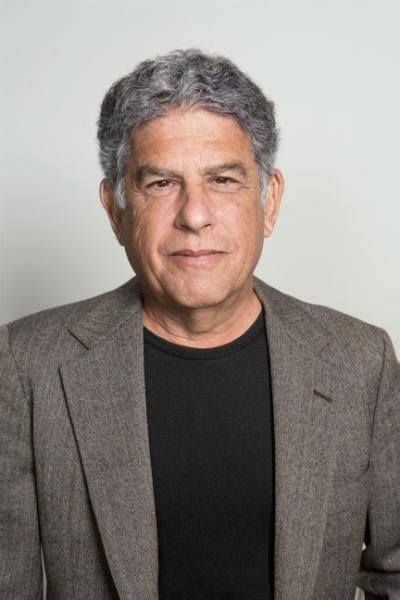A Quote by Aiden Wilson Tozer
We have our ambition for the future and God. And thus we put God as a plus sign after something else we want.
Related Quotes
I firmly believe that the moment our hearts are emptied of pride and selfishness and ambition and self-seeking and every thing that is contrary to God's law, the Holy Ghost will come and fill every corner of our hearts; but if we are full of pride and conceit and ambition and self-seeking and pleasure and the world, there is no room for the Spirit of God; and I believe many a man is praying to God to fill him when he is full already with something else.
True religion is when you serve God to get nothing else but more of God. Many people use religion as a way of getting something else from God they want-blessings, rewards, even escape from judgement. This is wearisome to us, and to God. But when God is His own reward, Christianity becomes thrilling. Sacrifice becomes joy.
Our time on earth and our energy, intelligence, opportunities, relationships, and resources are all gifts from God that he has entrusted to our care and management. We are stewards of whatever God gives us. This concept of stewardship begins with the recognition that God is the owner of everything and everyone on earth. ... We never actually own anything during our brief stay on earth. God just loans the earth to us while we're here. It was God's property before you arrived, and God will loan it to someone else after you die.
Let the average man be put to the proof on the question of who is above, and his true position will be exposed. Let him be forced into making a choice between God and money, between God and men, between God and personal ambition, God and self, God and human love, and God will take second place every time.
As long as I hold tightly to something, I believe I own it. But when I give it away, I relinquish control, power, and prestige. When I realize that God has a claim not merely on the few dollars I might choose to throw in an offering plate, not simply on 10 percent or even 50 percent, but on 100 percent of "my" money, it's revolutionary. If I'm God's money manager, I'm not God. Money isn't God. God is God. So God, money, and I are each put in our rightful place.
Whatever thought grips the mind at the time of death is the one which will propel it and decide for it the nature of its future birth. Thus if one wants to attain god after death, one has to think of him steadfastly... This is not as simple as it sounds, for at the time of death the mind automatically flies to the thought of an object (i.e. money, love) which has possessed it during its sojourn in the world. Thus one must think of god constantly.
Thus in this oneness Jesus Christ is the Mediator, the Reconciler, between God and man. Thus He comes forward to MAN on behalf of GOD calling for and awakening faith, love and hope, and to GOD on behalf of MAN, representing man, making satisfaction and interceding. Thus He attests and guarantees to God's free GRACE and at the same time attests and guarantees to God man's free GRATITUDE.



































